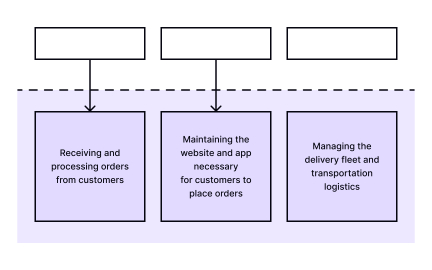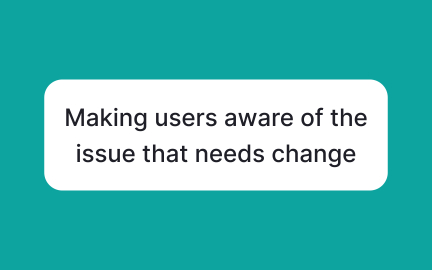Problem Solving
Problem solving is the skill of identifying root causes, generating options, and selecting effective solutions in design and product work.
What is Problem Solving?
Your team encounters obstacles that derail projects, cause delays, and create frustration because everyone approaches problems differently, leading to inefficient solutions or recurring issues that never get permanently resolved.
Most professionals treat problem solving as intuitive when it's actually a systematic skill that can be learned, practiced, and significantly improved through structured approaches that consistently generate better solutions faster.
Problem solving is the systematic process of identifying, analyzing, and resolving challenges through structured methodologies that break complex issues into manageable components, generate creative solutions, and implement sustainable resolutions that prevent recurrence.
Teams with strong problem-solving capabilities resolve issues 40% faster, generate 60% more innovative solutions, and experience 50% fewer recurring problems because they address root causes rather than just symptoms.
Think about how medical diagnosis follows systematic problem-solving processes that gather symptoms, test hypotheses, and implement treatments, or how engineering teams use structured approaches to identify failures and design solutions that prevent similar issues.
Why Problem Solving Skills Matter for Professional Success
Important challenges stall your team's progress because problems are approached randomly, solutions address symptoms rather than causes, and different team members use conflicting approaches that waste time and energy.
The cost of poor problem solving compounds over time. You get recurring issues that consume resources, suboptimal solutions that create new problems, team frustration from ineffective problem resolution, and competitive disadvantage from slower challenge resolution.
What systematic problem solving delivers:
Faster resolution because structured approaches help teams identify root causes quickly rather than wasting time on symptoms or surface-level issues that don't solve underlying problems.
When you follow a systematic process, you avoid the trial-and-error approach that can take weeks to resolve issues that structured analysis could solve in days.
Better solution quality through systematic analysis that considers multiple perspectives, evaluates alternatives thoroughly, and selects solutions based on evidence rather than assumptions or first ideas.
Reduced problem recurrence because effective problem solving addresses systemic causes rather than just immediate symptoms, preventing similar issues from arising in the future.
Enhanced team collaboration as shared problem-solving frameworks enable better coordination, communication, and collective intelligence application to complex challenges.
Improved decision-making confidence because systematic approaches provide evidence and analysis that support solution choices, reducing uncertainty and implementation risk.
Advanced Problem Solving Strategies
Once you've mastered basic problem-solving frameworks, implement sophisticated analysis and solution development approaches.
Systems Thinking Integration: Understand how problems exist within larger systems and how solutions might affect other areas, enabling more comprehensive problem resolution that considers unintended consequences.
Cross-Functional Problem Solving: Leverage diverse perspectives and expertise from different disciplines or departments to generate solutions that isolated problem solving might miss.
Data-Driven Problem Analysis: Use quantitative analysis, statistical methods, and data visualization to identify problem patterns and validate solution effectiveness objectively.
Innovation-Focused Problem Solving: Apply creative problem-solving techniques that generate breakthrough solutions rather than just incremental improvements to existing approaches.
Recommended resources
Courses

UX Research

Enhancing UX Workflow with AI

Design Thinking
Lessons

Outlining Solutions

Prompting Fundamentals

Fostering Trust and Psychological Safety
Exercises
Projects

Tripit's Login and Sign Up Flow









